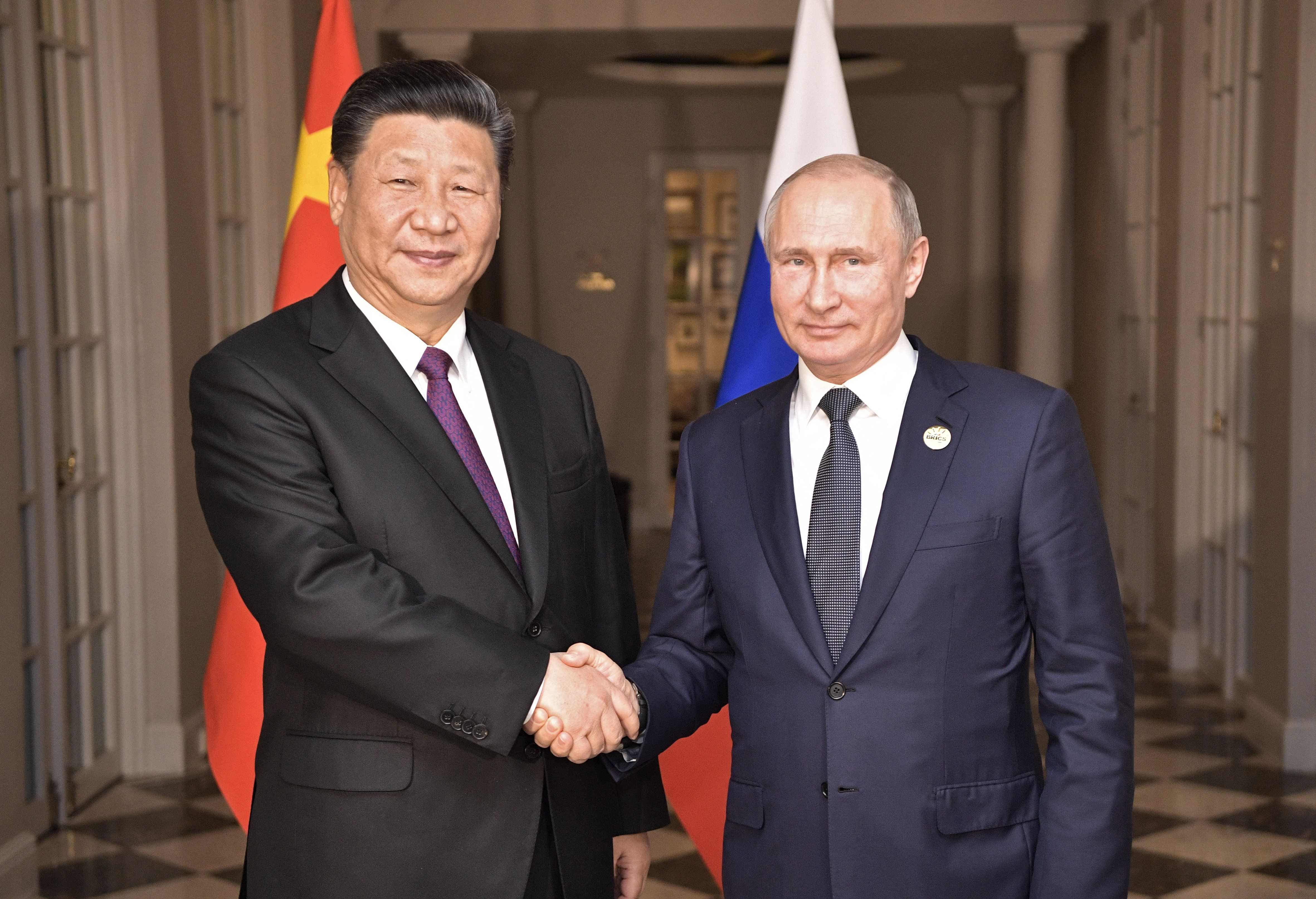August 03, 2018
Your Tuesday author has written about the sharp drop in Vladimir Putin’s approval numbers following unpopular changes announced to Russia’s pension system. That story made news again this week with a new poll that gives United Russia, a party distinguished only by slavish devotion to Putin, an approval rating of just 37 percent. That’s their lowest point since 2011.
Putin isn’t the only autocrat with a headache. After an historic consolidation of power over the past year, one made possible by purges of rivals and a surge in state censorship, President Xi Jinping has established a degree of political dominance not seen in China since the death of Mao Zedong in 1976. But Xi is now grappling with two main sources of anxiety and anger.
The near-term problem is a public health crisis. A party that holds a monopoly on power assumes direct responsibility for the security and wellbeing of its citizens. In years past, China’s people have fallen victim to unsafe food and medicine, and last month a government investigation and news reports revealed that a major Chinese drug company produced at least 250,000 doses of vaccine for diphtheria, tetanus, and whooping cough that didn’t meet safety standards. This is China’s third vaccine scandal in eight years. Protests erupted on social media and on the streets of Chinese cities.The long-term challenge centers on growing economic anxiety. China’s economy has been slowing for years, in part by design, as the leadership shifts from heavy reliance on exports to a model fueled by the spending of Chinese consumers. It hasn’t been a smooth process, and the state has recently had to inject more than $100 billion to keep the economy moving at a healthy pace.
A growing trade war with the US has only added to unease about the future. President Trump again raised the stakes this week with threats to impose 25 percent tariffs on $200 billion worth of Chinese exports to the US.
Last October, as presidential term limits were lifted, and a twice per decade Communist Party congress became a kind of coronation, Xi proclaimed a new era for China, one in which his rising nation need no longer hide its strength and surging self-confidence. Yet, if China’s economic worries continue to grow, some will blame Xi and this triumphalist message for provoking an unnecessary confrontation with the US and others.
Let’s be clear: Xi and Putin have plenty of power in reserve. Neither is in imminent danger. But both must fear that, over time, emboldened critics may limit their ability to take unpopular but necessary steps for the long-term health of their countries.
More For You
- YouTube
We can't agree on much today. But thanks in part to cofounder Jimmy Wales, we can agree on Wikipedia.
Most Popular
Think you know what's going on around the world? Here's your chance to prove it.
Miami Mayor-elect Eileen Higgins points as she thanks her staff and supporters on the night of the general election, on Tuesday, Nov. 4, 2025.
Carl Juste/Miami Herald/TNS/ABACAPRESS.COM
A Democrat won Miami’s mayoral race for the first time in nearly 30 years. The Republican defeat will ring some alarms for the party – and their support among Latino voters.
© 2025 GZERO Media. All Rights Reserved | A Eurasia Group media company.
